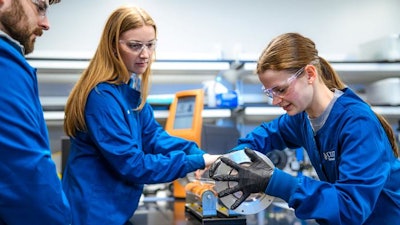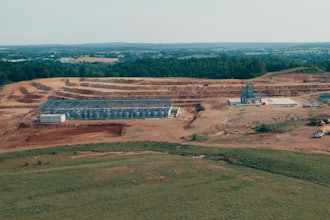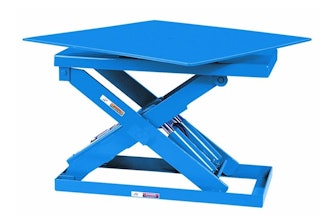
Worcester Polytechnic Institute (WPI) has been awarded $6.3 million for an additive manufacturing initiative, enabling rapid production of high-quality components from scrap metal. This innovative approach to additive manufacturing, funded by the Defense Advanced Research Projects Agency (DARPA), aims to ensure that essential components can be produced even in the most resource-limited environments, including where access to traditional supply chains is limited, such as battlefields or remote search-and-rescue locations.
The initiative, called “Rubble to Rockets,” applies a machine-learning approach to identify materials—like scrap metal and mixed alloys—and understand how they react and bond together before being melted, mixed, and 3D-printed to form new parts that are strong and reliable. Traditional 3D-printing methods require carefully controlled materials and repeated testing and adjusting, something that’s not always possible in real-world settings.
The team will use artificial intelligence (AI) technology developed by a WPI PhD student to predict material behavior at various compositions, optimizing and automating the characterization processes. By streamlining the procedure, the product can be manufactured at a rapid pace but not at the expense of durability and strength.
Researchers will design a proof-of-concept sounding rocket to test the structural integrity of mixed metals and measure performance and reliability.
Beyond defense applications, this work has applications across industries such as energy and transportation. The approach could be deployed in submarines, aircraft carriers, disaster relief zones, and remote locations where traditional supply chains are difficult to maintain.
As part of the project, the WPI team will work with subcontractors, including two WPI-alumni led companies as well as Siemens and two small businesses out of California: Nightshade Corporation will convert scrap into powder and Citrine Informatics will focus on AI and machine learning.





















